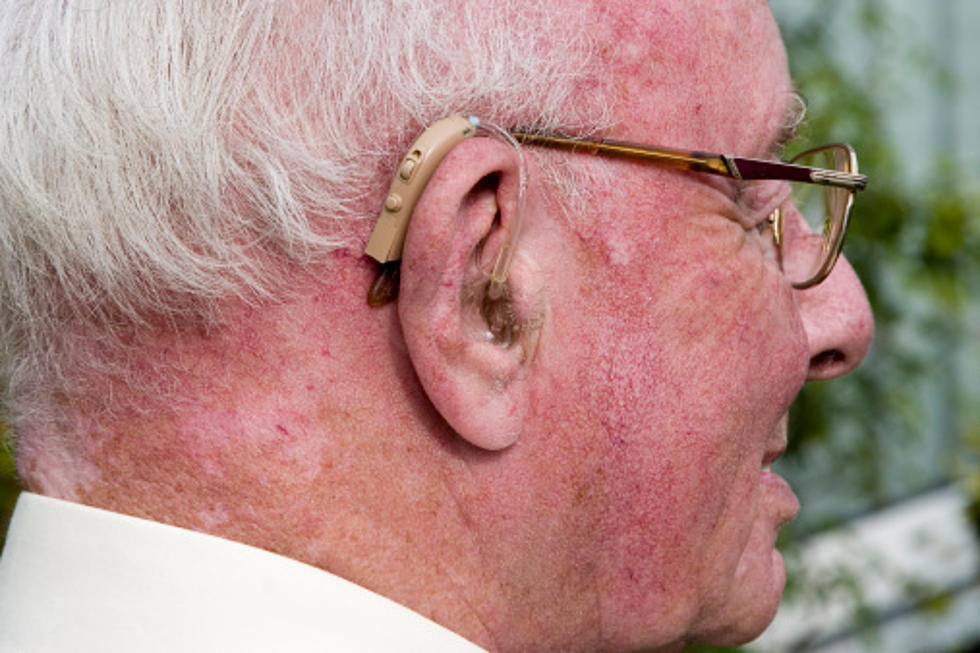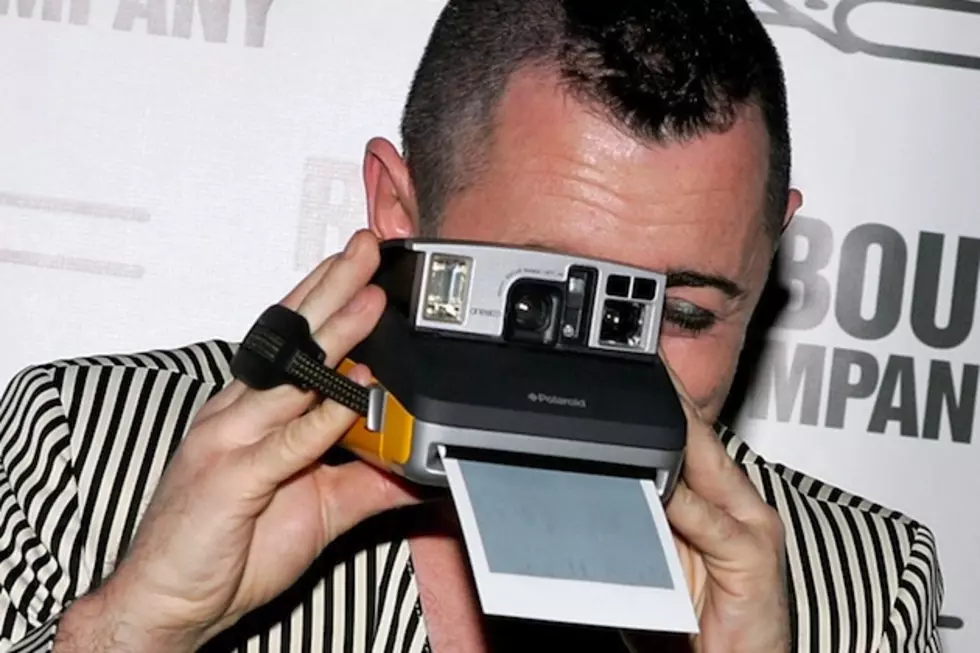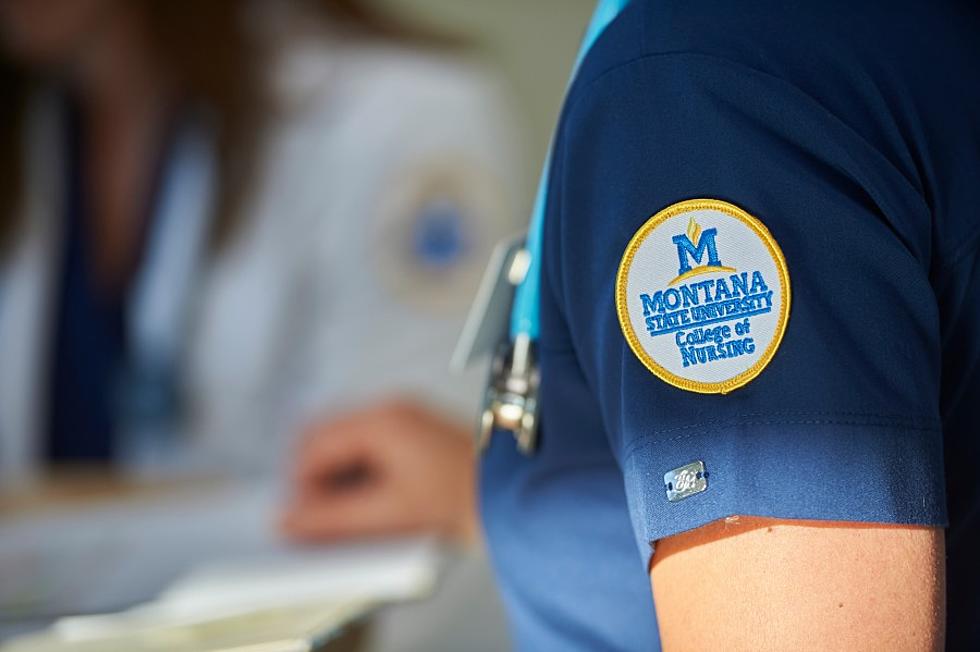
MSU Pioneers On-Campus Telehealth Services for Veterans
BOZEMAN – Student and faculty veterans at Montana State University are among the first in the nation able to meet with their remote medical providers without leaving campus in a newly dedicated telehealth access site in MSU’s Travis W. Atkins Veteran Support Center.
The access site is one of two established by the U.S. Department of Veterans Affairs, in partnership with MSU and the University of Montana in Missoula. They are the country’s first two campus-based Accessing Telehealth through Local Area Stations, or ATLAS sites. At the sites, student or employee veterans enrolled in VA care through the Montana VA Health Care System can connect with providers in a private space equipped with high-speed internet and the technology needed for video telehealth visits through VA’s secure videoconferencing app, VA Video Connect. Trained staff will be available to assist with the technology or respond in the event of an emergency.
Joseph Schumacher, MSU’s director of veteran services, said he expects the convenience of the service will encourage more student veterans to seek out services available to them. He noted that something as simple as relinquishing a prime parking space to drive downtown to the VA clinic can deter a campus-based veteran from making an appointment.
“The more barriers we can take away encourages them to take advantage of available resources,” Schumacher said. “The easier we can make it for people engage, the more they will do so.”
Schumacher said that, while hands-on exams are not offered via telehealth, many crucial medical services are, including mental health counseling and social work assistance. Schumacher emphasized the importance of Montana leading the way to help student veterans access such services more easily.
“We are among the three leading states in the nation for suicidality, substance abuse and DUIs,” he said. “Those problems don’t get better when you add the identity of being a veteran, and Montana has one of the highest populations of veterans per capita in the nation. One way to help augment Montana’s minimal resources is by tapping into technology.”
ATLAS is designed to eliminate potential barriers to care, including long travel times, transportation costs and poor internet connectivity, particularly in remote areas – an effort Schumacher believes will be enhanced by the pilot program at MSU.
“We want to help pioneer this practice, show what it takes to get it up and running, and see it replicated out in rural Montana where it’s needed most,” he said. “It’s another way our land-grant mission is serving Montana communities.”
Schumacher added that the ability to offer the service at MSU was possible only because the Veterans Center was able to move from cramped quarters in the basement of the Strand Union Building into newly renovated Romney Hall earlier this year.
“I want to pay homage to the state legislators who helped make the Romney renovation happen – look what we can do when we’re given space,” he said.
More information about the Travis W. Atkins Veteran Support Center at MSU is available at vets@montana.edu or by calling 406-994-3661. Veterans may schedule an appointment at either university’s ATLAS site by calling 406-447-7620. For more on the ATLAS pilot program, CLICK HERE.









